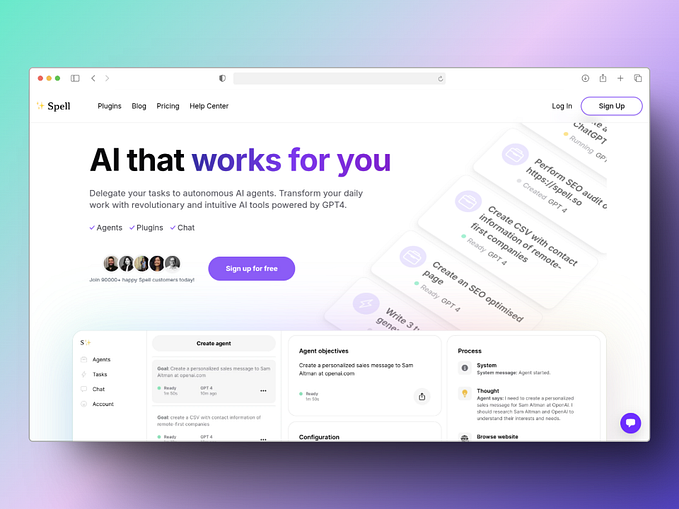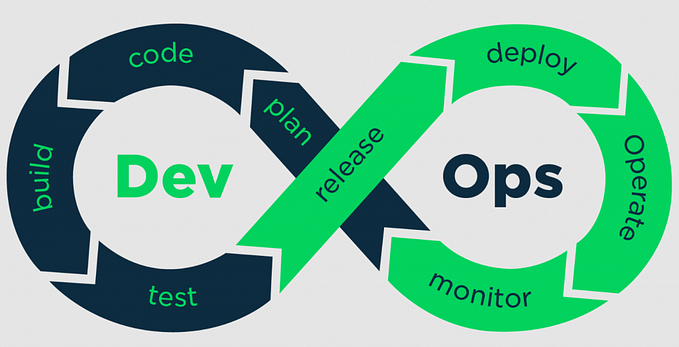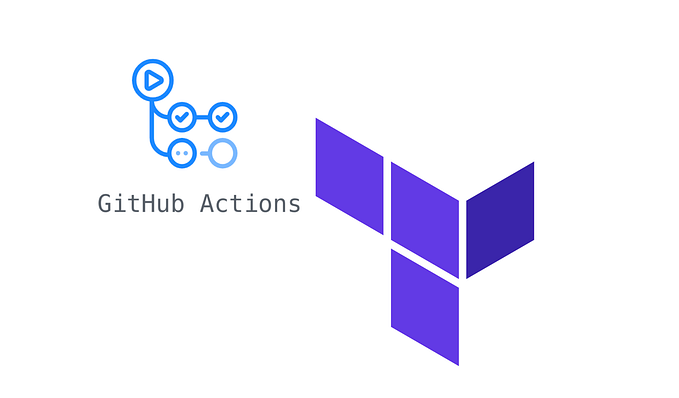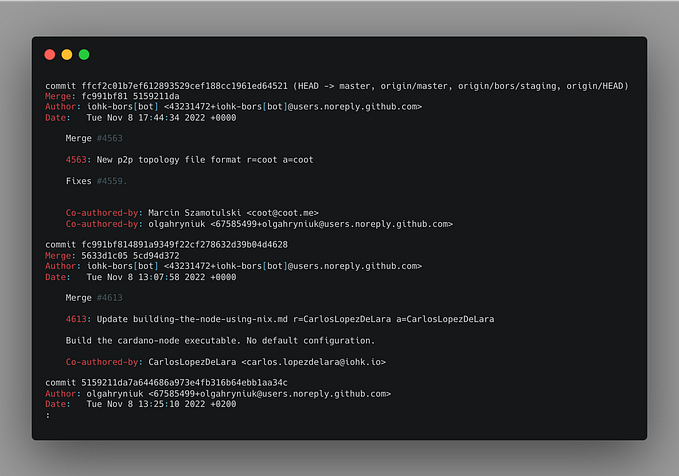From Mech Eng to DevOps
Why did I make the sudden career change? How did I do it? Find this out and more in this article.

Purpose for this article
My name is Adam Osman — a former mechanical engineering student turned DevOps engineer within 1 year. I wrote this article as I often get asked about my career path and how to break into IT and more specifically cloud computing from an outside sector. I hope this can be of use to anyone contemplating making the move or perceiving the experience as daunting.
Why the move?
I always enjoyed engineering; problem solving and discovery are the aspects of it I enjoyed the most, since my teenage years. However, having completed my MSc, I was faced with the reality that maybe I didn’t want to spend the rest of my life as an engineer. Around the same time, a classmate of mine introduced me to the growing cloud sector and why this is a good time to make the switch.
Understandably, I was hesitant. How can I leave what I have been studying for 5 years? How could I leave what I have spent years working hard on and having sleepless nights? However, a blast of reality hit me: We are mid-pandemic; job opportunities are scarce and competitive and I don’t seem to have the same zeal for it nor do I see myself progressing in it. I then consulted a few experienced friends in the IT/cloud sector and all heavily encouraged me to consider switching careers. At this point, I became open to this suggestion and decided to take the first step.
How did I become a DevOps engineer?
Around this time last year, I started by researching more about cloud computing and immediately preparing to take the AWS Certified Cloud Practitioner exam. This would provide introductory knowledge to cloud computing and specifically AWS — one of the biggest cloud providers. The exam itself is multiple choice and focuses on your understanding of the benefits of cloud as well as using the AWS console.
Upon sitting this exam January of this year and passing, I embarked on updating my CV and playing around with the AWS console. The AWS documentation has many projects to work on that not only develop your understanding of working with cloud but also makes up for a lack of experience when making up your CV and applying for roles.
So, I did all of this and applied for junior/graduate roles — sitting through one interview after another. Alongside this, I started learning Python and enrolled in an online DevOps bootcamp that covers the basics that a DevOps engineer needs such as Linux, programming, CI/CD, containerisation etc.
Admittedly, I didn’t get far into the DevOps bootcamp before being offered a grad role at Capgemini as a platform engineer. I entered into their 14-week academy and 4 moths later I am still here working as a DevOps engineer.
To conclude, I am thankful that I managed to get a role early into my DevOps journey. I realised that as long as you sacrifice some time every day to learning the relevant material as well doing projects and playing around with different technologies, you will have a high chance of breaking into this field. Unlike in other fields, you can build a substitute to experience through getting certified and doing projects from home! The demand is high and all it needs is effort on your side.
What’s next?
Check out my good friend Mohamed Abukar’s article which breaks down the DevOps pathway he took and what technologies you may want to pay attention to.
Follow me here and on LinkedIn for more articles on all things DevOps.









